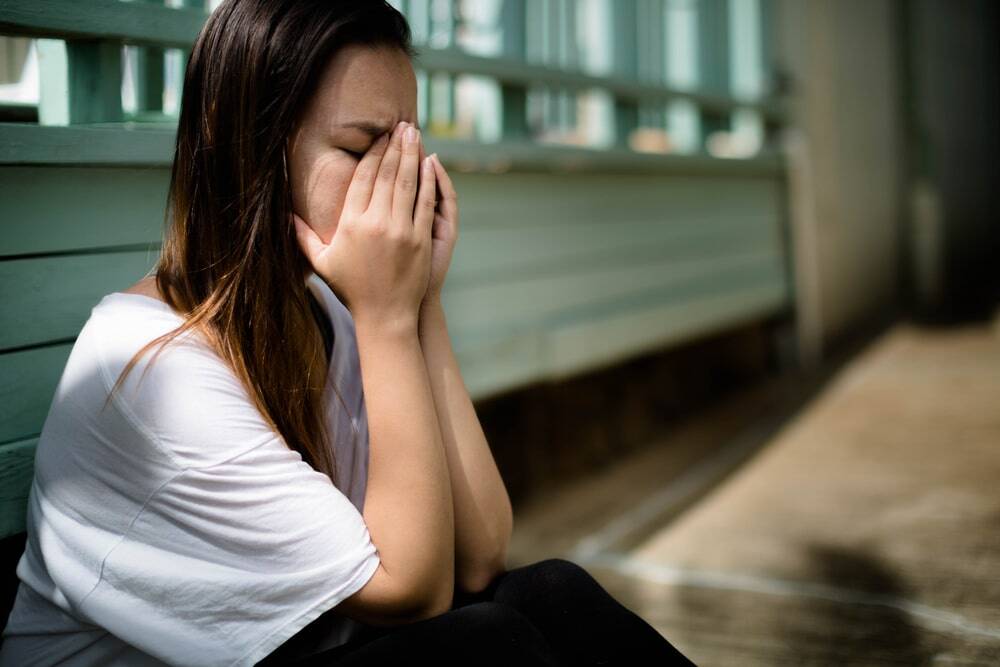Breaking the Cycle: Mothers and Daughters Breaking Free from Addiction
Substance use disorder (SUD), also known as addiction, is listed in the Diagnostic and Statistical Manual of Mental Disorders, Fifth Edition (DSM-5) as a chronic, relapsing brain disorder. It is characterized by the American Society of Addiction Medicine as the “inability to consistently abstain, impairment in behavioral control, craving, diminished recognition of significant problems with one’s behaviors and interpersonal relationships and a dysfunctional emotional response.” Addiction is a formidable force that can weave its tendrils through generations, perpetuating a cycle of suffering. In the face of this challenge, there emerges a powerful narrative of resilience and hope as mothers and daughters unite to break free from the chains of addiction. Their journey is a testament to the transformative power of determination, love, and the unwavering commitment to shatter the cycle that binds them.
The cycle of addiction often starts with a painful acknowledgment: a realization that the legacy of substance abuse has infiltrated the family unit. Mothers, witnessing their daughters caught in the grip of addiction, find themselves at a crossroads. In this pivotal moment, they summon the courage to confront the cycle, determined to chart a new course for themselves and future generations.
Breaking free from addiction becomes a shared mission for mothers and daughters. The journey is multifaceted, encompassing not only the cessation of substance use but also a deep exploration of the underlying issues that contribute to the cycle. In this collaborative effort, therapy sessions become a crucible for self-discovery, healing, and the rebuilding of their fractured relationship. Breaking free requires unraveling the intricate threads of addiction and addressing the wounds that have been passed down through generations.
The journey is marked by challenges, but the shared commitment to breaking the cycle becomes a source of strength. Mothers and daughters navigate the complexities of recovery hand in hand, supporting each other through moments of vulnerability and triumph alike. The power of their united front lies not only in overcoming addiction but also in dismantling the patterns that have held their family captive for so long.
As the cycle begins to fracture, a transformation unfolds within the relationship between mothers and daughters. The communication lines, once strained by the weight of addiction, reopen. Understanding replaces judgment, empathy replaces blame, and the journey to recovery becomes a shared endeavor that strengthens their bond. Breaking the cycle is not just about overcoming substance abuse; it is about rewriting the narrative of their relationship, free from the shackles of addiction.
Laughter, absent in the grip of substance abuse, becomes a symbol of the newfound freedom they are forging together. Each milestone in recovery, whether big or small, becomes a cause for celebration. The joy derived from these moments becomes a powerful antidote to the pain that addiction once inflicted, reinforcing their commitment to breaking the cycle.
Setbacks are an inevitable part of the recovery process, but the shared determination to break the cycle transforms these moments into steppingstones rather than stumbling blocks. Mothers and daughters learn to navigate setbacks with resilience, drawing strength from their shared commitment to lasting change. The cycle that once seemed unbreakable begins to crumble under the weight of their determination.
In the end, the journey of mothers and daughters breaking free from addiction is a narrative of triumph over generational challenges. As they emerge from the shadows of the cycle, their story becomes a source of inspiration for others facing similar struggles. Breaking free is not just a personal victory; it is a legacy of resilience and hope that transcends generations. The unity between mothers and daughters stands as a powerful testament to the transformative potential of breaking the cycle and forging a path towards a brighter, addiction-free future.
For Information and Support
Substance abuse and addiction can be incredibly dangerous and can result in severe short and long-term consequences. If you or someone you know is suffering from substance abuse or addiction, please get help as soon as possible. The earlier you seek support, the sooner you and your loved ones can return to leading happy, healthy, and fulfilling lives. There is no reason to go through this alone, and we are here to help. Please feel free to reach out to us for further information or with any questions regarding substance abuse or addiction. We are available anytime via telephone at: 213-389-9964, or you can always email us at: info@friendlyhousela.org



